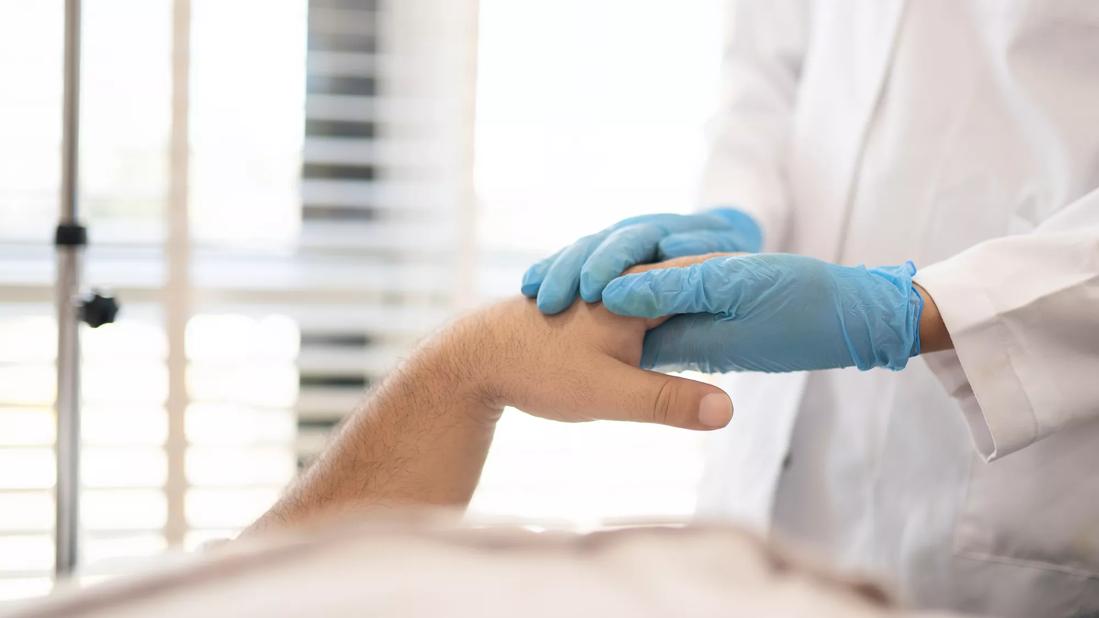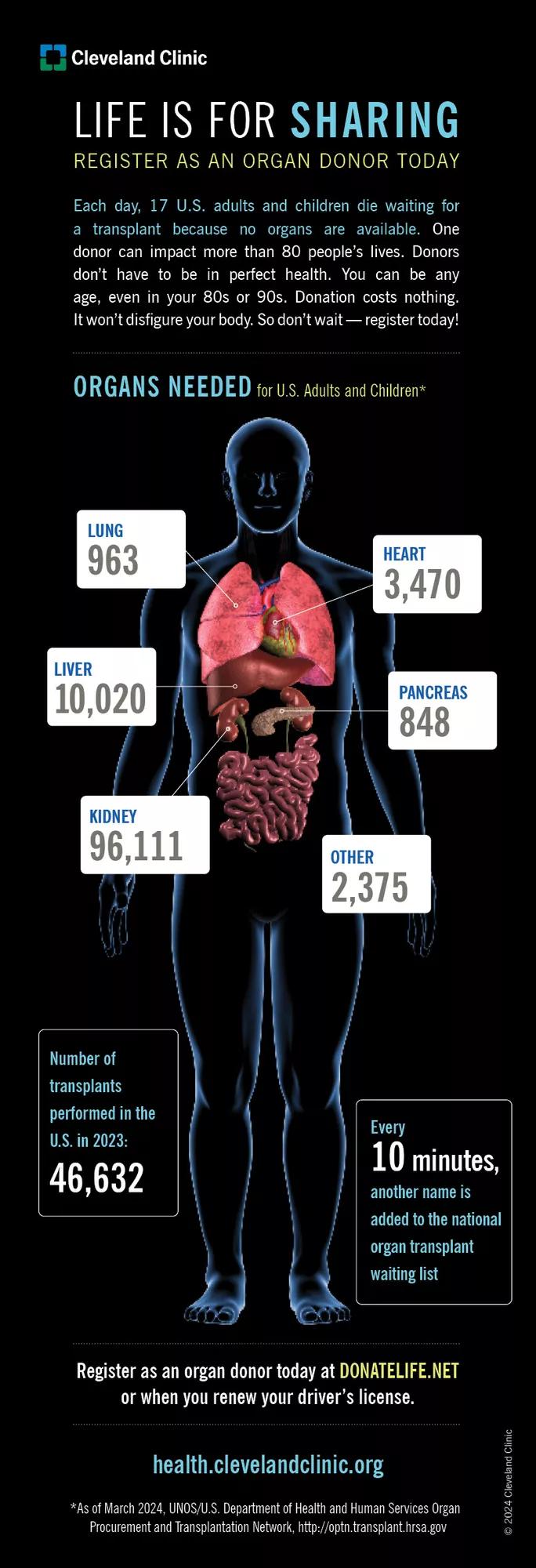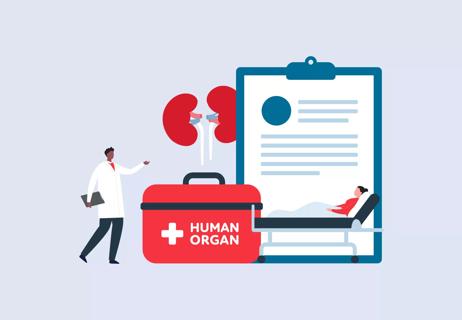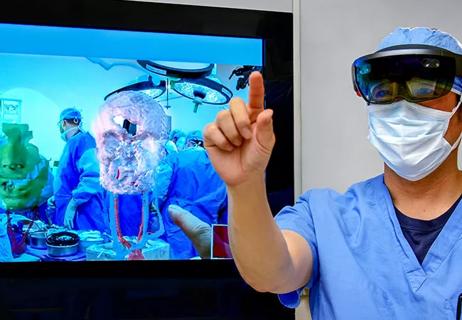Advertisement
More than 20 organs and tissues can be donated, and one donor can help more than 80 people

Every 10 minutes, a new person joins the national waiting list for an organ transplant. “There are many end-stage diseases with no other cure short of transplantation,” says Transplant Center Enterprise Director Charles Miller, MD.
Advertisement
Cleveland Clinic is a non-profit academic medical center. Advertising on our site helps support our mission. We do not endorse non-Cleveland Clinic products or services. Policy
One person’s donation can positively impact more than 80 people, according to the Health Resources & Services Administration. One deceased donation can save eight lives and enhance the lives of 75 more.
Here’s what you should know about organ donation:

In 2023, more than 46,000 organ transplants were performed in the United States, setting the record for the most transplants in a year. Cleveland Clinic performed a record number of transplants in 2023 as well. Dr. Miller stresses that these milestones could never be reached without the increase in individuals who chose to become donors.
Transplant professionals have great respect for people who donate their organs, he adds. While most organs originate from deceased donors, another important source of organs comes from living donors. These donors can often resume their normal activities soon after their donation.
Becoming an organ donor is a simple process. You can register as an organ donor today at DONATELIFE.NET, when you renew your driver’s license or on the Health app if you have an iPhone.
It doesn’t cost anything to donate and only takes a few moments to register.
Current and prospective donors may wonder which of their organs — and how many organs — they can donate. Living donors can donate these organs:
For deceased donors, these organs can be donated:
Additionally, deceased donors can donate connective tissue and cartilage, as well as corneas and tissue to help restore sight, repair hearts, replace damaged veins and heal burns.
The following tissue can be donated:
Healthy, living donors can also donate blood, platelets, bone marrow and blood stem cells.
“We need to be generous and help one another,” encourages Dr. Miller. “People on the waiting lists have families and children who need them. No one should have to be left in need.”
Advertisement
Learn more about our editorial process.
Advertisement

Rest, hydration, protein and light exercise all play an important role in your healing

The field of uterus transplant is advancing

Clinical trial targets women with UFI

Healthy gut flora defeat Clostridium difficile infection

Gunshot wound survivor's recovery continues

Cleveland Clinic first to use augmented reality in this way

Treatments have improved outcomes for a condition once viewed as fatal

A variety of healthy foods can help reduce inflammation and keep other conditions at bay

Focus on your body’s metabolic set point by eating healthy foods, making exercise a part of your routine and reducing stress

PFAS chemicals may make life easier — but they aren’t always so easy on the human body

While there’s little risk in trying this hair care treatment, there isn’t much science to back up the claims